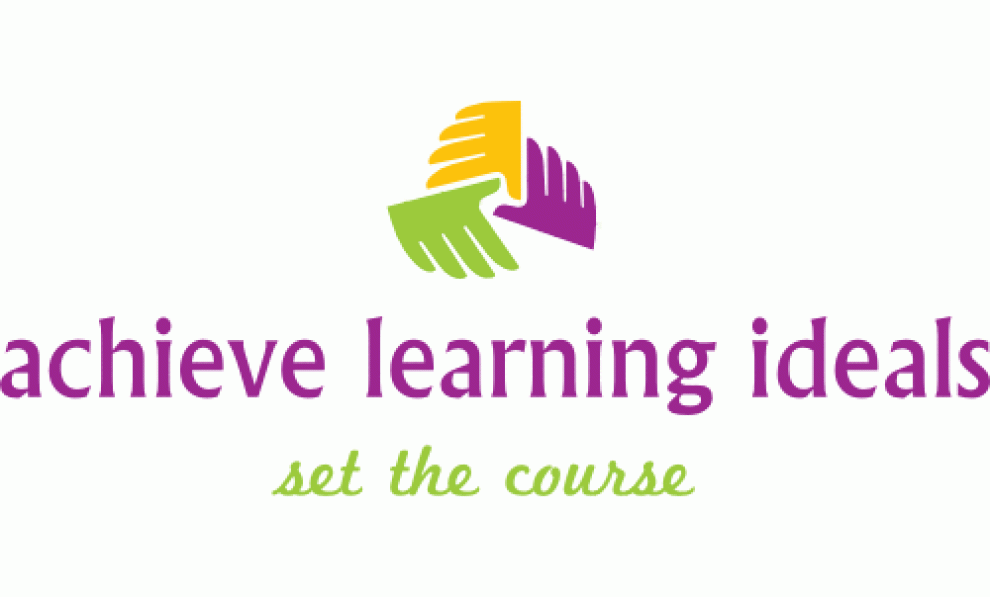” When it is obvious that the goals cannot be reached, don’t adjust the goals, adjust the action steps.” Confucious
Now how does the above quote mix with students and their goals in a class? Thinking of Einstein and Edison, and the idea of imagination plus persistence, and trying new ways to achieve the same result- that is tackling a question from as many new ways as possible. Science and Math, require students to recognize this, what about Language arts? Do we also offer the student the chance to adjust the action steps?
Yes when we clearly understand the actions being undertaken- all too often have I heard from a student that they had studied and studied and still not achieved the hoped for results. Then there is the concept that marking or scoring written work is subjective- up to a point- yes, however more to the point, teachers are expected to clarify in advance through sharing a rubric, sharing examples, and sharing or modeling how stronger writing may be achieved. First strategy is to understand the question; open ended questions are rarely as “open -ended” as they may at first seem. Anyone who has coached students for Board Exams will recognize the need to point out qualifying terms that allow for an argument to be created. We often suggest that students turn the question into a statement – doable for part one. Part two requires a quick T-Bar chart for the necessary brainstorming- even gut reactions may surprisingly not result in enough points to create an essay- that is why the T-Bar allows students to quickly recognize if their point of view may be supported with “evidence” from either the texts, or classroom discussions, or personal experience. On to Part three- writing – as much as possible without worrying about spelling or grammar or punctuation- uh huh- writing. Students who become increasingly comfortable expressing their own points of view, become increasingly stronger at supporting these points- again through the texts, classroom discussions, and/or experience. Writing starts to move away from a programmed 5 paragraph response into a personalized reaction to an issue- for there is always an issue being examined. Whether the writing is asking an elementary student to share a “favorite summer experience” or a middle school student to comment on a recent sporting event, or an IB high school senior to develop a thesis dealing with ecology and inter global business ventures, there is a specific choice that students are making; comparing activities (camp was the best) discussing a highlight of a sporting event (description and personal experience), evaluating the choices and making predictions for future expansion of business in a caring world; the process is similar: students are being asked to take a stand and commit to a point of view for the duration of the essay. Even Comparative writing requires this focus.
Parents and educators worry about how to increase a student’s reading and writing skills. The writing skills reflect two major things: vocabulary and ability to effectively use the vocabulary to create both an argument and an image. Grab a paper and discuss an issue, express a point of view. Grab a magazine and do the same thing. Follow your child’s lead as to interests- if sports, review the sports section of a major paper; the article doesn’t even have to be “today’s” – if fashion, look at the fashion magazines and comment on a story together. Almost anything that is read, will help grow a student’s vocabulary- and if you hear your child chuckling at a graphic novel- read it too. The informal discussions help a student to express his/her ideas, to move beyond “I just liked it” to get to the steps above- to be able to think a bit more about what was appealing. But please don’t turn it into an exercise that frustrates- sharing ideas in a safe way allows for ideas to be expressed. Grammar and punctuation can be practiced and edited for. Ideas, they are the surprise element in any essay; sometimes the best way to encourage a child is simply to allow the student to explore, to discard, and to- yes it is a popular thing again- play!

